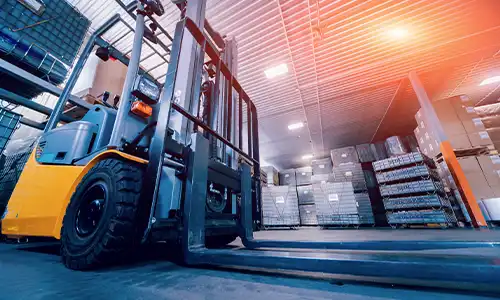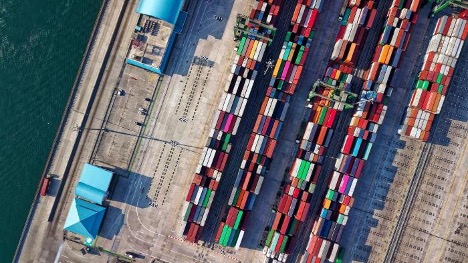LCL vs FCL: An Introduction
Depending on the nature of your business and how fast you want your shipment to be completed, there are two common options available: LCL and FCL. LCL means Less Container Load, or when you share a container space for ocean freight for your items. The LCL involves sharing space with goods from other businesses. This shipment method is consolidated with the other items, which means you lack control over when the items will be shipped. It does, however, provide flexibility for businesses that ship smaller volumes of products because you won’t have to shoulder the freight cost for the whole container.
On the other hand, FCL means Full Container Load wherein you will be renting the entire space of a container shipment. It means that the entire container consists only of items from your business. This option is preferred by businesses that handle a large volume of orders. The size of the entire container can either be 20 or 40 feet.
Both types of shipping methods have their benefits and drawbacks for your business. You must analyse the fine details so you can make the right choice for your business needs and the amount of shipments you handle.
As you will find out later on, many factors impact your choice. But the biggest point of comparison will largely fall on the price of the shipping method.

Price Comparison of LCL vs FCL
The freight cost is where the primary difference lies between LCL and FCL. If you choose FCL, you have to pay the cost of the entire container. The freight cost applies whether or not you fill the container.
It appears that the FCL shipping method costs more. However, LCL is more expensive per unit of freight than FCL. The cost of the former is calculated per volume (in cubic metres). If you choose LCL, you will pay more for a shipment that requires more space.
For this reason, businesses with large orders opt for a full container load (FCL). You won’t have to worry about the individual sizes of the shipment because you are paying for the full container. Choosing the LCL route is also more expensive as you must consider the logistics and management charges when dealing with multiple goods in a single container.
The following are additional factors that can cause LCL freight costs to go up:
- Origin – You must load the LCL shipments into the container at a Container Freight Station (CFS). The CFS is where your shipment will be consolidated with other shipments.
- Pickup – You must consider the extra cost of picking up your shipment from the warehouse to the CFS.
- Main Leg – The cost of ocean freight.
- Destination – You must consider the cost of unloading the shipment at the CFS of the destination.
- Delivery – You must consider the cost of transporting the goods from the CFS to the new warehouse.
When considering costs in choosing between LCL and FCL, think about two factors: the volume of your shipment and the cost per freight unit. If your goods are over 15 CBM in volume, then FCL is a more cost-effective option.
Why is LCL more expensive than LCL?
The reason why LCL is more expensive is that it’s easier for freight agents to deal with a full container load than trying to fill a container load with various shipments. It simplifies the logistical process, which is why they prefer a full container load to deal with multiple shipments.
The cost of LCL is based on a per cubic meter fixed rate. Volume matters when choosing the LCL shipping method. The more volume the shipment takes up in a container, the higher the cost. On the other hand, FCL does not require you to fill up the entire container since the load is already paid for.
LCL might give you more flexibility; to some extent, it does. But when you are near 15 CBM in volume, you might want to consider shipping via FCL instead. That way, you can maximize the full container for your shipment.
Dangerous & Hazardous Goods
Metro Distribution
3PL Warehousing & Distribution
Interstate Freight

Compliant, safe and secure transportation of dangerous & hazardous freight.

Door-to-door, store-to-door metro taxi truck services – no job too small.

Efficient, streamlined 3PL solutions for storing and distributing your freight.

Safe, reliable state-to-state transport for shipments ranging from a single pallet to a full truckload.


Recent Comments